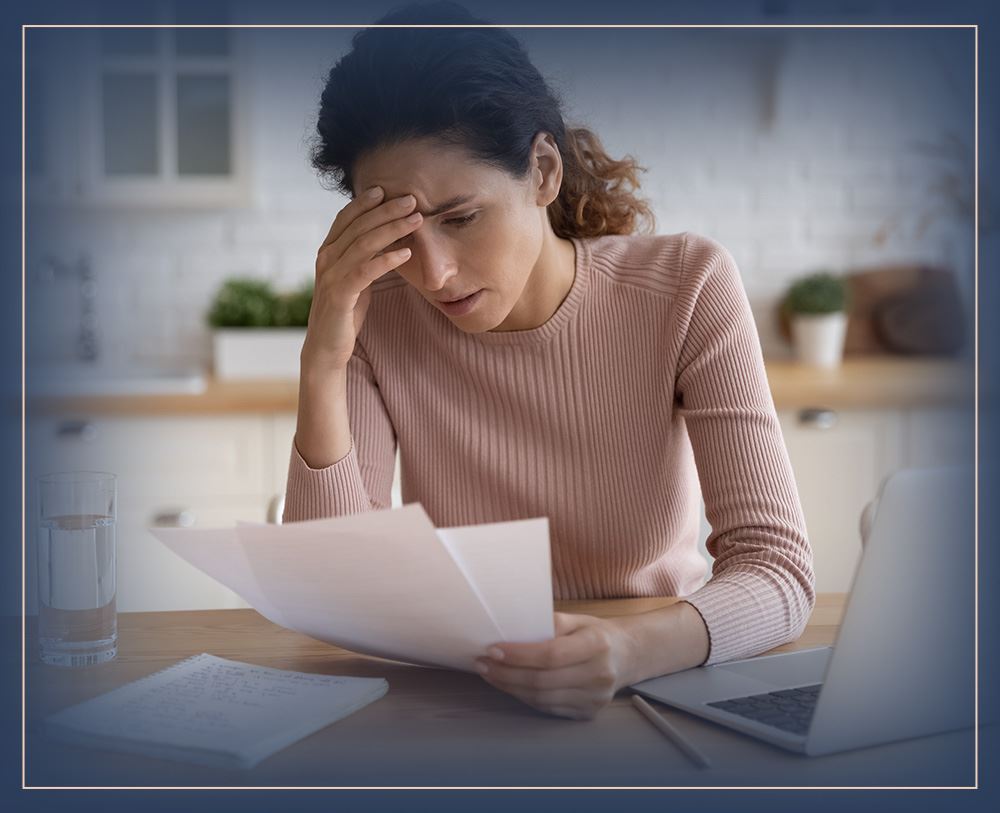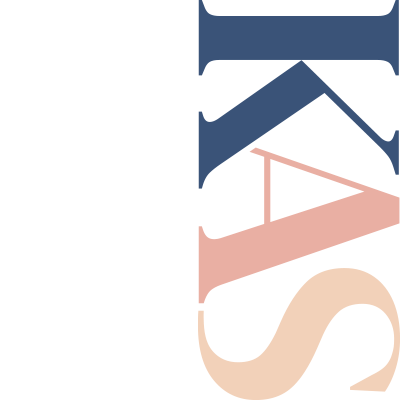

Statesville Bankruptcy Lawyer
Explore Your Debt Relief Options in Statesville, NC
It’s easy to fall into debt. All it takes for most people is a medical emergency or job loss. When financial hardship hits, it’s easy to rack up debt or make existing problems with debt even worse. Late fees, interest, and penalties only make things worse, which is why you should explore your options in bankruptcy as soon as possible.
Bankruptcy isn’t a bad word. Although it’s treated as such by many, it can help people free themselves of overwhelming financial obligations that they couldn’t otherwise overcome. Our bankruptcy attorney in Statesville at the Law Office of Kimberly A. Sheek has the experience necessary to help you file for bankruptcy. She also has what it takes to help you discharge or restructure as much of your debt as possible.
For more information, contact the Law Office of Kimberly A. Sheek today by calling (704) 842-9776. When you do, ask about getting a free initial consultation!
Helping You with Bankruptcy Every Step of the Way
Bankruptcy itself can be an overwhelming experience, but your experience can be made a lot easier with help from a qualified attorney like ours at the Law Office of Kimberly A. Sheek. When you choose our representation, you can expect personalized service that takes your unique legal situation into account.
We’ll help you with Chapter 7 or Chapter 13 bankruptcy every step of the way, advising you of all available options and ensuring you understand all of the risks.
Will I Lose Everything If I File for Chapter 7?
Due to bankruptcy exemptions in North Carolina, you will not lose everything in a Chapter 7 liquidation.
By leveraging the available exemptions, you can protect equity in your home or car, retirement account, and various kind of personal property. You may not even lose anything in Chapter 7 bankruptcy if all of your property can qualify for exemption.
When Is Chapter 13 a Good Option?
Chapter 13 bankruptcy can be a good option when you want to save your home and you’re behind on your mortgage. Chapter 7 and Chapter 13 bankruptcy both put a stop to your creditor’s collection activities such as foreclosure, but only Chapter 13 lets you work out a plan to pay off unpaid mortgage debt over time.
Your Chapter 13 repayment plan is likely to last between three to five years. As long as you make your required payments during that time, your creditors can’t foreclose on your home. In the end, this can help you save your home!
Get a Free Bankruptcy Consultation in Statesville
If you’re ready to speak with a bankruptcy lawyer in Statesville about debt relief, reach out to the Law Office of Kimberly A. Sheek. We offer a free initial consultation with our attorney, so you can get the information you need to see how we can guide you through the bankruptcy process.
Claim your consultation today by contacting the Law Office of Kimberly A. Sheek online or by calling (704) 842-9776.
Find Debt Relief Through Bankruptcy
-
How is my credit score affected after bankruptcy?
Many people are afraid that filing for bankruptcy can ruin their credit scores. While bankruptcy will lower your score and stay on your report for several years, most people who are in debt already have low scores due to the outstanding debt. Doing nothing about the debt will only make your credit score worse.
Bankruptcy can resolve your debt and provide you with a fresh start to begin rebuilding your credit score. My law firm can provide you with tips on how to manage post-bankruptcy life and ways to restore your credit score. Call the Law Office of Kimberly A. Sheek at (704) 842-9776 today.
-
What debts can bankruptcy discharge?
Unsecured debt such as credit card bills, medical bills, and personal debt can be discharged through bankruptcy. It will either be discharged completely or you may need to repay a portion of the debt.
-
Can I keep my home and car in bankruptcy?
In Chapter 13, nearly all debtors are able to keep their homes and cars. In Chapter 7, you can keep your home and car if your equity does not exceed the exemption limits and you are able to maintain the payments. An attorney can review your unique scenario and give you a better idea of what you can expect to keep.
-
How does bankruptcy work?
Bankruptcy allows debtors to discharge all or nearly all of their unsecured debt, depending on the type of chapter they file. Chapter 7 will generally wipe out most debt after nonexempt assets are liquidated, while Chapter 13 will require repayment plans to pay back a portion of the debt.






